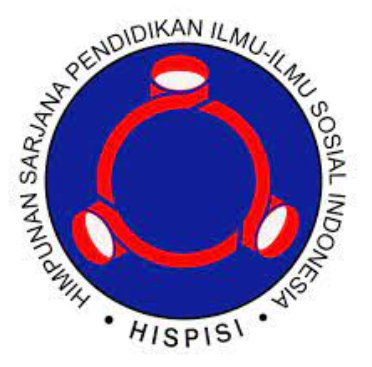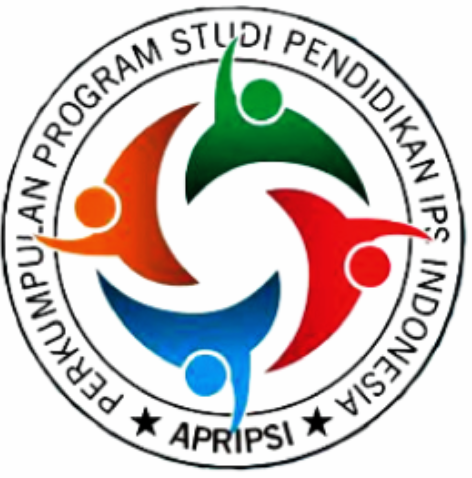Article PENERAPAN MODEL KOOPERATIF TIPE MOOD, UNDERSTAND, RECALL, DIGEST EXPAND, REVIEW (MURDER) UNTUK MENINGKATKAN HASIL BELAJAR MATA PELAJARAN IPS
Penelitian Tindakan Kelas di Kelas VIII-8 SMP Negeri 138 Jakarta
DOI:
https://doi.org/10.21009/EIPS.003.1.02Keywords:
Leraning Model, MURDER, KKM, LearningAbstract
This study aims to determine whether the application of Mood, Understand, Recall, Digest, Expand, Review (MURDER) learning model can improve learning outcomes IPS students VIII-8 SMP Negeri 138 Jakarta first semester of the 2018/2019 Lesson Year from October to November 2018. The method used in this research is Action Research Class (PTK). This study uses three cycles, and each cycle consists of four stages: Planning Action, Action Acting, Observation, and Reflection. Based on the results of thestudy of the learning results have increased in each cycle, the one cycle of 34% (13 students) obtained the value of learning outcomes above KKM 73, cycle two 61% (22 students) reaches above KKM 73, and the third cycle 86% (31 students) reached the score above KKM 73. In addition, the success of the increase also occurred in the implementation of the activity of asking, answering, arguing, and solving the problem in the Thus it can be concluded that the application of Mood, Understand, Recall, Digest, Expand, Review (MURDER) learning model can improve learning outcomes of IPS learners and can improve the learner activity, so that learners can get better IPS learning outcomes that are above KKM standard 73.
Downloads
Published
How to Cite
Issue
Section
License
Authors who publish with this journal agree to the following terms:
- Authors retain copyright and grant the journal right of first publication with the work simultaneously licensed under a Creative Commons Attribution ShareAlike License that allows others to share the work with an acknowledgement of the work's authorship and initial publication in this journal.
- Authors are able to enter into separate, additional contractual arrangements for the non-exclusive distribution of the journal's published version of the work (e.g., post it to an institutional repository or publish it in a book), with an acknowledgement of its initial publication in this journal.
- Authors are permitted and encouraged to post their work online (e.g., in institutional repositories, pre-prints sites or on their website) prior to and during the submission process, as it can lead to productive exchanges, as well as earlier and greater dissemination of published work






